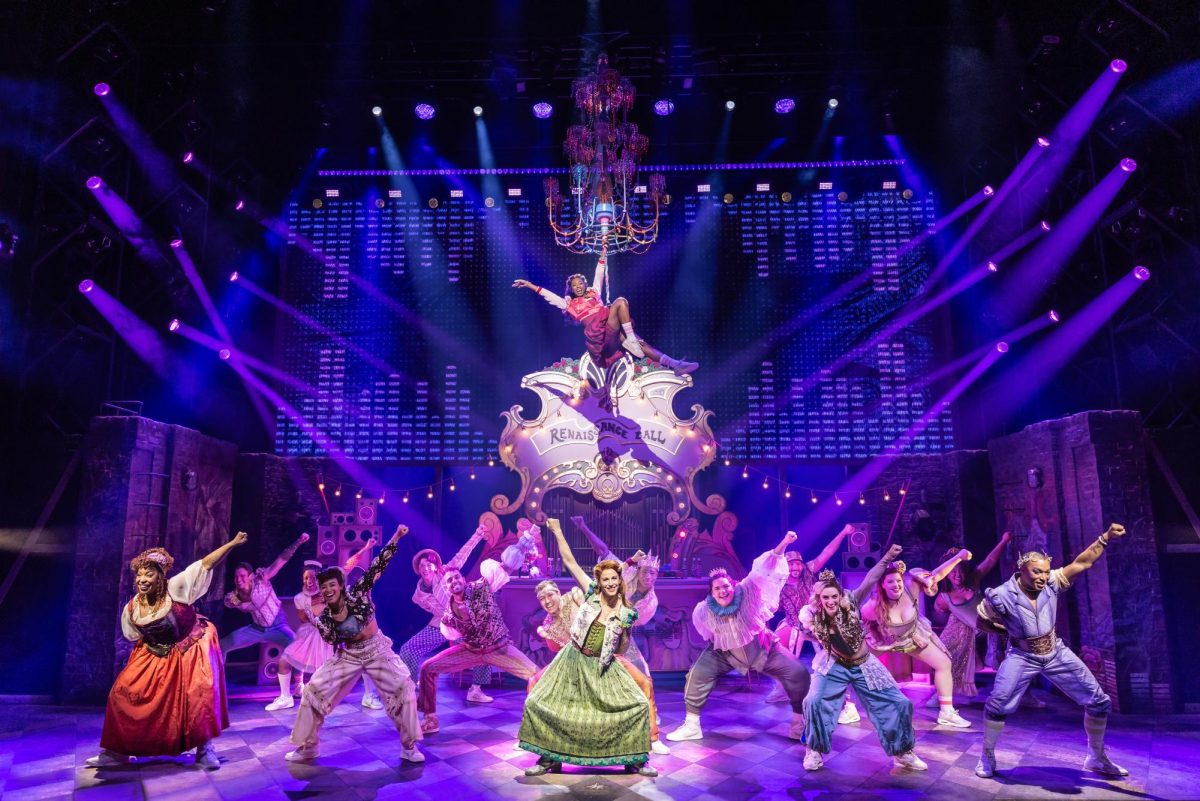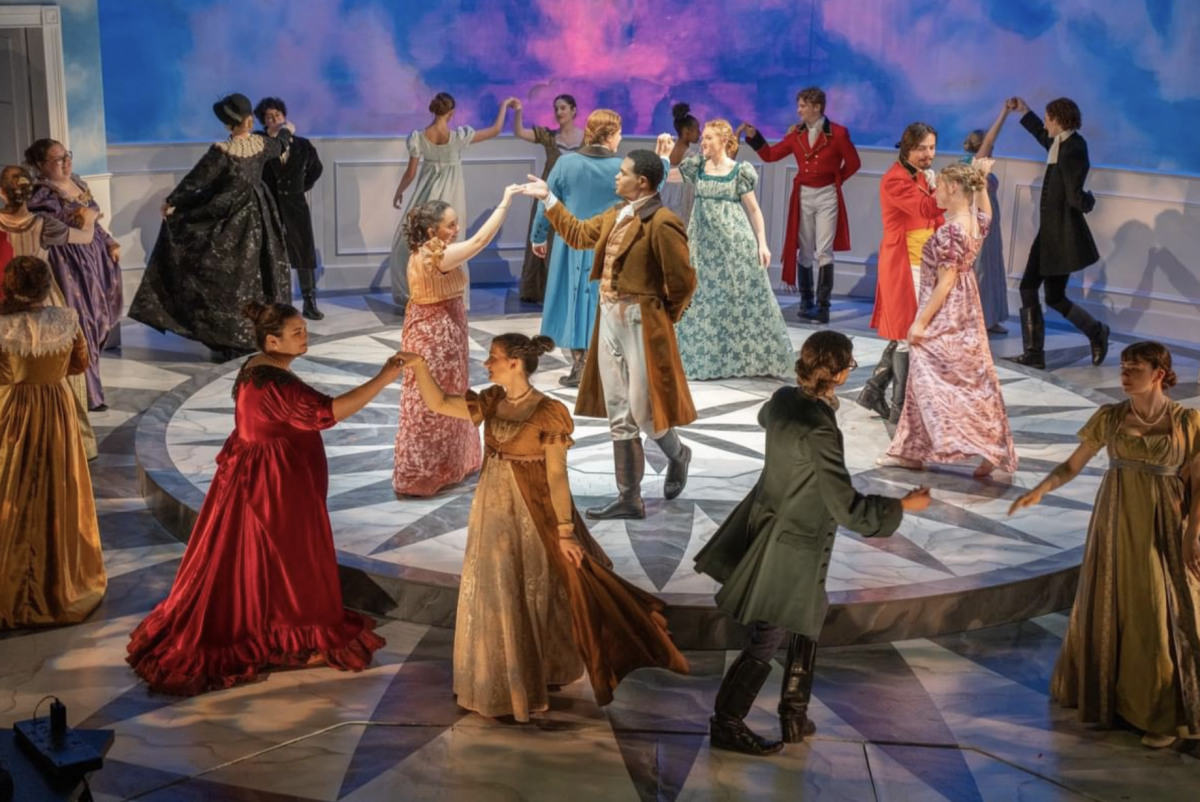If you think rap songs are offensive, check out the pirate limerick "Good Ship Venus" from Rogue's Gallery: Pirate Ballads, Sea Songs, & Chanteys, the latest brainchild of Johnny Depp and "Pirates of the Caribbean" director Gore Verbinski.
The rhyme may have been around for a few hundred years, but those sailors could think up a few naughty phrases just as well as Eminem: "'Twas on the good ship Venus / by Christ you should have seen us / the figurehead was a whore in bed / sucking a dead man's penis," sings American folk legend Loudon Wainwright III in the latest version of the limerick first adapted by the Sex Pistols in 1979.
The lyrics only get worse as they go on to tell of the crew's various exploits, including the crushing of the second mate's member, the accidental circumcision of the lecherous captain and the pleasuring of his daughter by a school of eels. And all this without dropping a single f-bomb.
But lewd humor aside, Rogue's Gallery is a fascinating collection of arcane tunes brought to life or, in a few cases, absolutely wrecked by modern artists. The idea came to Depp and director Verbinski on the set of the second "Pirates of the Caribbean" movie. The two are listed as executive producers on the album, but the real work was done by Hal Willner, a former "Saturday Night Live" music director best known for his work on tribute albums. "From that germinating, withering pubic hair of an idea, Hal set sail and returned with what you hear today," Verbinski explained in a press release.
Willner researched traditional songs, then traveled to Dublin, L.A., London, New York and Seattle to recruit whatever talent happened to be in town for short stints in a rented studio.
The result is two full discs of recordings from artists as diverse as Nick Cave and Lucinda Williams, 43 songs in all. From jazz guitarist Bill Frisell to Stockholm metal-heads Jack Shit, everyone has their finger in this pie.
There's big names aplenty — Sting contributes two songs, Lou Reed pops up late in disc two with a rendition of "Leave Her Johnny," and the ever-present Bono makes "A Dying Sailor to His Shipmates" sound like a U2 outtake.
Overall, the album has a folksy bent, with many songs chock-full of acoustic guitars, banjos and violins. These range from the country swing and rambling call and response of Three Pruned Men's "Bully in the Alley" to the slow, piano-driven "The Cruel Ship's Captain," which features the world-weary voice of Bryan Ferry, formerly of Roxy Music.
But due to an abundance of eccentric musicians, the songs never fall into a predictable format. In the clutches of Nick Cave of the Bad Seeds, "Fire Down Below," the tale of a sailor's lust for the parson's daughter, descends into sparse, grating post-punk noise for an unusual effect.
Even the best-known tunes on the album are presented in a new light, such as on Richard Greene and Jack Shit's instrumental version of the American traditional "Shenandoah." And jazzman Bill Frisell makes "Spanish Ladies" almost unrecognizable behind a translucent wall of processed guitar.
These new interpretations don't always work, however. David Thomas's version of "What Do We Do with a Drunken Sailor" is little more than a few lines of the traditional tacked onto a loose collection of random noises, with little evidence of a melody. Thomas' other contribution to the album, the 50-second "Dan Dan" fares little better, but the high-points of the album more than make up for bad moments.
"Dan Dan" is immediately followed by the slow, thumping "Blood Red Roses," which features Sting in a surprisingly intimate and unpolished moment. The spontaneity captured in this tune is prevalent throughout the album that sounds exactly like it was recorded in spurts of cigarette and coffee-fueled intensity.
The artists themselves often dwarf the actual songs; whether or not you like the tunes, hearing artists in an unfamiliar format is often surprising.
Character actor John C. Reilly ("Talladega Nights: The Ballad of Ricky Bobby"), whose face is easily recognizable even if his name isn't, turns in two solid singing performances. He plays the part of an Irish troubadour perfectly on the accordion-fueled traditional "My Son John," using his soft tenor to lament a son crippled by a cannonball.
Rogue's Gallery also serves an introduction to a number of fringe artists like Baby Gramps, whose spastic singing and quirky style manages to include Oriental-sounding throat singing on songs like "Cape Cod Girls."
The end result is an album that's an unusual mix in every sense — famous artists alongside virtual unknowns, electric music alongside acoustic, polished jazz sounds against punkish rock. For this reason, it's not likely to be accessible to all but the most eclectic music lovers. Sorry to any rap fans who read this review — while some of the lyrics are just as raunchy as a modern rap song, the music is about as far from hip-hop as you can get.
4 out of 5







